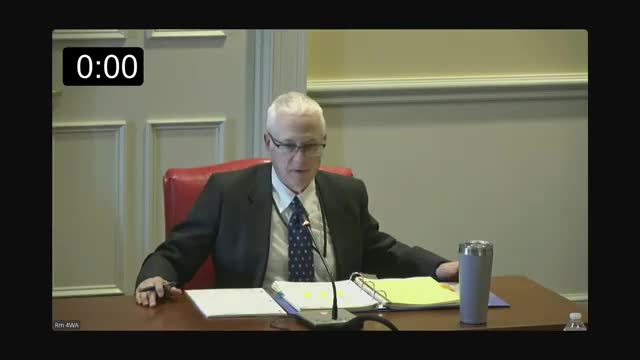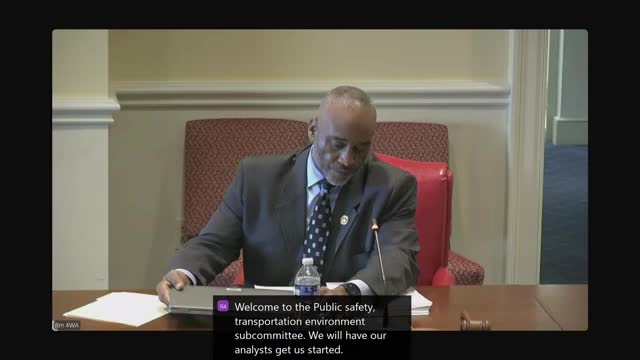Article not found
This article is no longer available. But don't worry—we've gathered other articles that discuss the same topic.

Analysts propose sweeping transfers from DNR trust funds; conservation groups and DNR warn of long‑term losses

MVA seeks fee flexibility amid improved customer service; analysts urge caution on cost‑recovery changes

